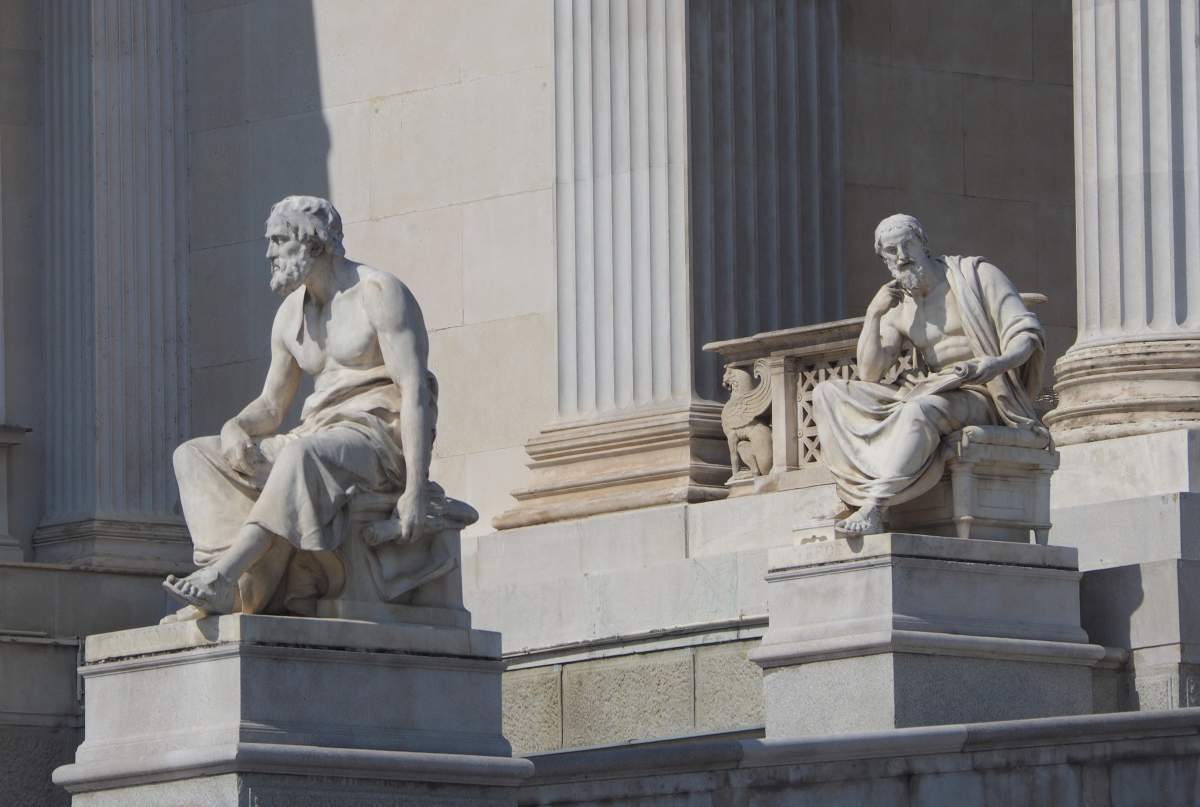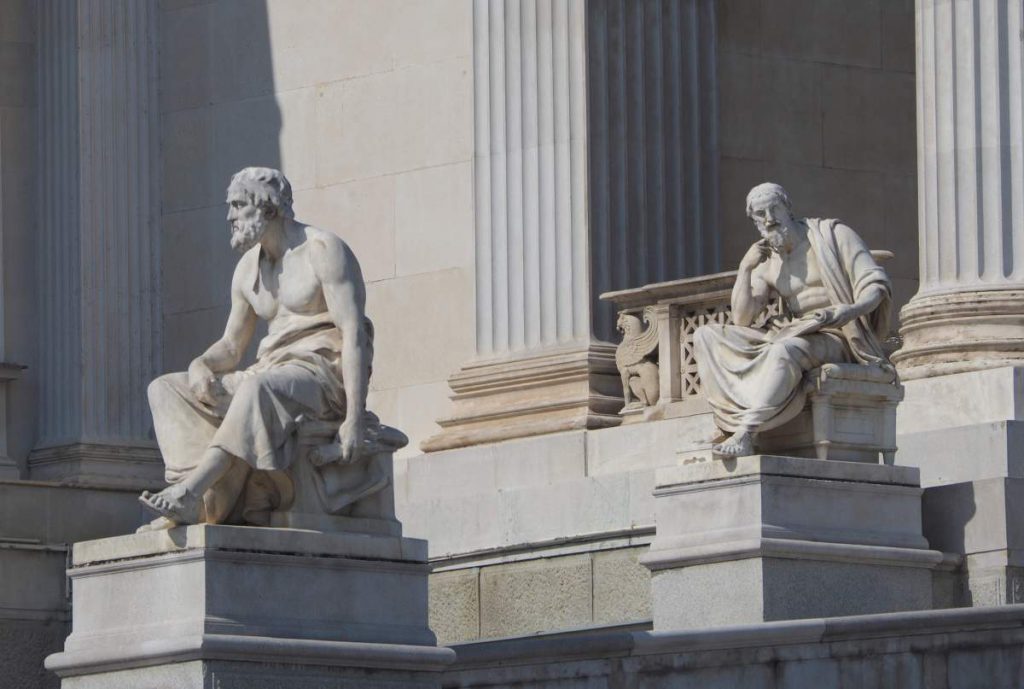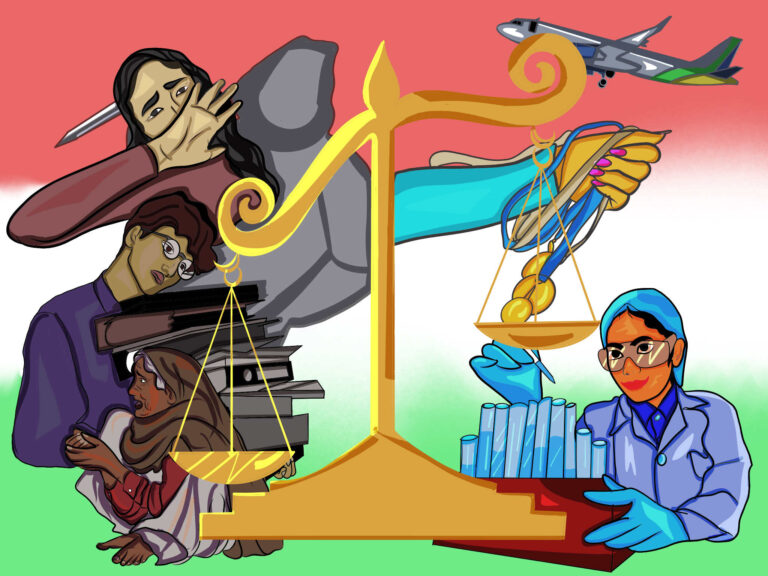Should International Relations theorists stop reading Thucydides
Currently pursuing a Masters degree in Political Science from the University of Calcutta.
[responsivevoice_button voice=”US English Female” buttontext=”Read out this Theel for me”]
For the whole earth is the tomb of famous men; not only are they commemorated by columns and inscriptions in their own country, but in foreign lands there dwells also an unwritten memorial of them, graven not on stone but in the hearts of men. Make them your examples, and esteeming courage to be freedom and freedom to be happiness, do not weigh too nicely the perils of war
Thucydides
Scholars like Paul Viotti and Mark Kauppi have express that Thucydides “is usually credited with being the first writer in the realist tradition as well as the founding father of the international relations discipline.” Inspired by David A. Welch’s work ‘Why International relation theorist should stop reading Thucydides’ published by Cambridge University Press-this article will not only explore the ideas revolving around his work but also go beyond it, and would aim to adopt the realist interpretation of Thucydides and argue if he is still relevant today due to the prevalence of fear, self-interest and power politics in today’s world. It will use competing interpretations of his work to show that, even though there are important differences between his world and today’s world, his insights into human nature may not always be relevant nor one of the best sources to learn from history.
Several scholars have debated across time immemorial, whether the fault lines of international relations lie deeply embedded in the theories of its founder, Thucydides or whether the basis lies in the idea of international relations itself [Enrich, 1971]. However, this paper claims that the answer is a bit of both, being more pronounced to be specific in the writings of the founder.
G.F.Abbott opines that Thucydides has left no aspect of statesmanship untouched; however one cannot deny that his ideas and his presentation of the history of relations between nations are ‘magisterial’ and ‘authoritative,’ and hence theorists in their interpretations from Thucydides should use his theories accordingly by asking questions like ‘what exactly is Thucydides doing? What does he have to offer to us? What attitude should we take towards what he does offer to us?’ [Abbott, 1970]
Thucydides’ prerogatives, offer us a history that he hopes will be ‘useful’ to those ‘who desire an exact knowledge of the past as an aid, to the understanding of the future..’ which involves studying international relations not as ‘an essay which is to win the applause of the moment, but as a possession for all time.’ Thucydides did not offer us a theoretical conception, nor does he offer us anything that can be instantaneously termed as a ‘theory’ [Simon,2010]. Thucydides hence not only claims to interpret history but claims himself to do more than simply that. He believes that his work holds significance only if it is read across time hence diverts his audience’s attention to trans historical truth, which he also says holds ‘possession of all time,’ which is indeed the most jeopardizing part of his ideal. He emphasizes his interpretation of international relations to be of eternal nature, in a world where relations between nations turn direction even after the smallest of the smallest political activity no certain view of relations among nations can be given the position of eternity. [Platias, 2017]
Thucydides’ underlining views project his idea of the mechanism of great hegemonic wars as an aspect of human nature itself, he holds the view that human nature is unchanging and what has occurred in the past will necessarily repeat itself in the future; which is indeed a grievous view to hold; since nations today show complex forms of international relations, which although are not conflictual forever but rather peaceful and diplomatic majorly, and it this bias of Thucydides, that could make international relation theorists today overlook the prevalence of cases of peace between nation-states. There may exist plentiful clashes in terms of international relations seen among nations in this era, but those conflicts and disagreements do not hold in the same manner in which Thucydides explained the concept of war and peace, which traditionally would imply prevalence of violence in the former and the absence of violence in the latter. Today conflicts among nations need not amount to war or violence always. [Martin,2005]
David Cartwright says that most of the study of dynamics between city-states of Thucydides are found through his texts. He opines that “Thucydides observed that the strategic interaction of states followed a discernible and recurrent pattern. According to him, within a given system of states, a certain hierarchy among the states determined the pattern of their relations. Therefore, he claimed that while a change in the hierarchy of weaker states did not ultimately affect a given system, a disturbance in the order of stronger states would decisively upset the stability of the system”. [Sawyer,2014]. Thucydides assumed that the Peloponnesian War was the result of a systematic change, brought about by the increasing power of the Athenian city-state, which tried to exceed the power of the city-state of Sparta. “What made the war inevitable was the growth of Athenian power and the fear which this caused Sparta,” Thucydides wrote in order to illustrate the resulting systematic change; that is, “a change in the hierarchy or control of the international political system.” [Stahl,2009]
Now, it is possible that Thucydides is precise here, but various scholars find it difficult on accounts of why we should rely on him. The existence of this conflict between the Spartans and the Athenians is questioned by many today on the basis that Thucydides botched to cite his sources properly. Moreover, Abbott writes, ‘For the most parts, we are not today in a position to check the statements of Thucydides; his reputation of trustworthiness rests chiefly upon the impression produced by the manner of his writings.’ His claims have an air of surmise when he invites readers to take his word for it. He admits when he writes, ‘I consider my work to be the one which should be formally kept out of sight.’ [Abbott,1999]
While Scholars like Gilpin hold the view that it seems unlikely that Thucydides would have thought that he got everything exactly right. He does not bluntly confess that his vantage point and his own perceptual lenses are likely to have induced error in the text, but he is circumspect about the limits of the historical accuracy he holds.
However, as the world order today tries to survive the Covid-19 pandemic, Thucydides had something to say about that too. The Plague of Athens was an epidemic that devastated the city-state of Athens in ancient Greece during the second year of the Peloponnesian War; Thucydides had sadly caught it but fortunately survived it. On discussing the menace of the pandemic, he opined that as a pandemic would progress, man would transform into men of indulgences and not of honor. Their conduct might develop into immoral deeds, and the pandemic itself was the worst that could happen. Like he says, “As for offences against human law, no one expected to live long enough to be brought to trial and punished: instead everyone felt that a far heavier sentence had been passed on him.”
Thucydides might be right that a pandemic might reveal the deepest secrets of our characters, but we must not be mistaken to say that offences against human laws will evade this era. Epidemics come and go, in a world where international relations change with every official statement. And every offence against the poor, the unprivileged, the unheard, and the ignorant will be remembered by future centuries. In the world of digitalization, offences do not escape, whether it is of civilians or governments.
Therefore one can say that Thucydides was meticulous when he preached that global political clashes and concerns over security would be seen across time and ages. However, his rationalization of ‘might makes right’ or ‘the strong do what they can, and the weak suffer what they must’ is with which Thucydides has been mostly rightly weighed down upon and critiqued for. Treated courteously, in other words, Thucydides may be the very medicine we need for the impairment he unsuspectingly wrote.
Featured Image Credits: Wikimedia








